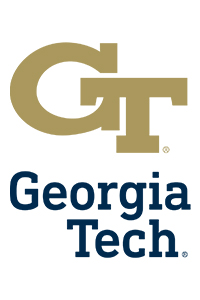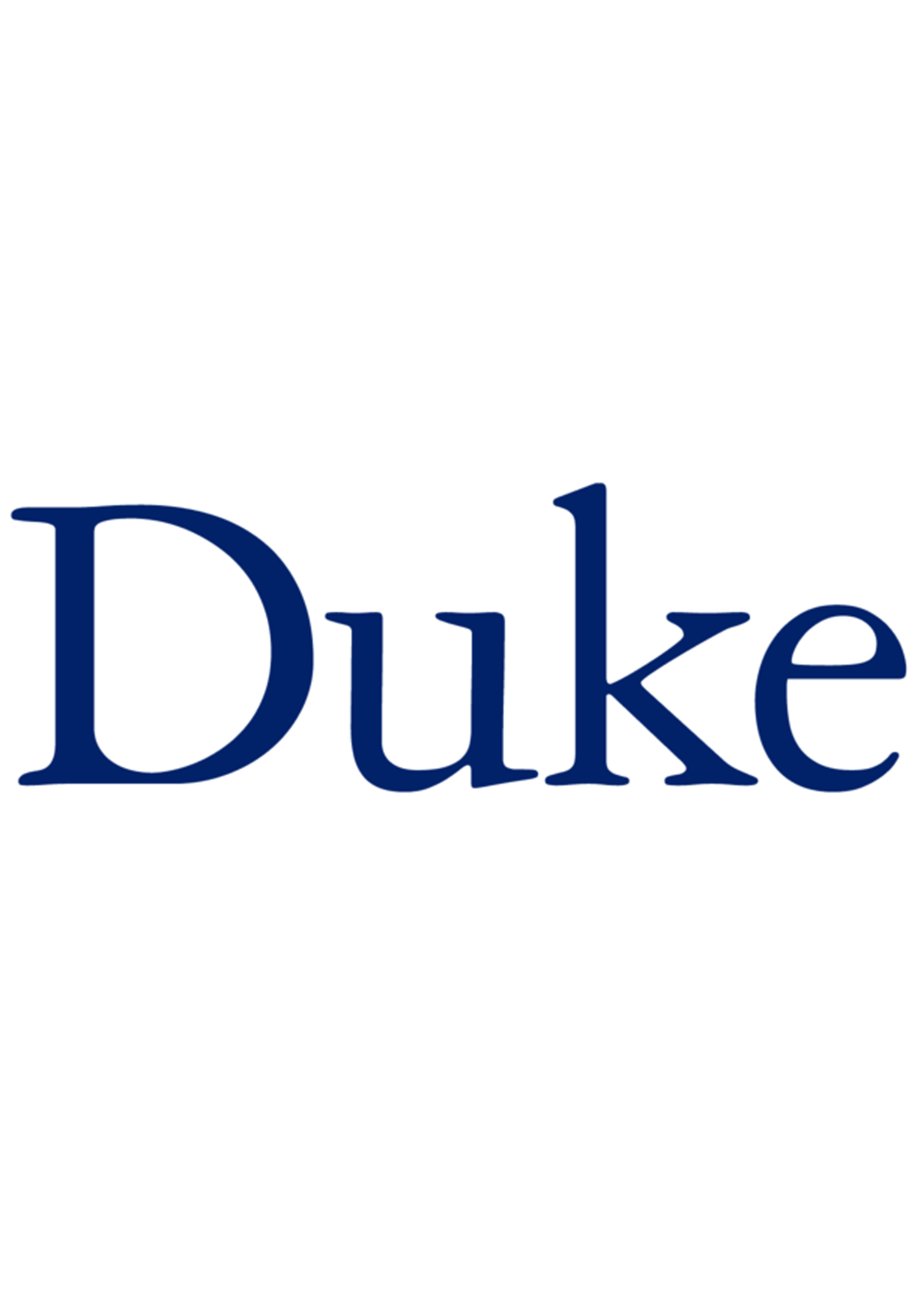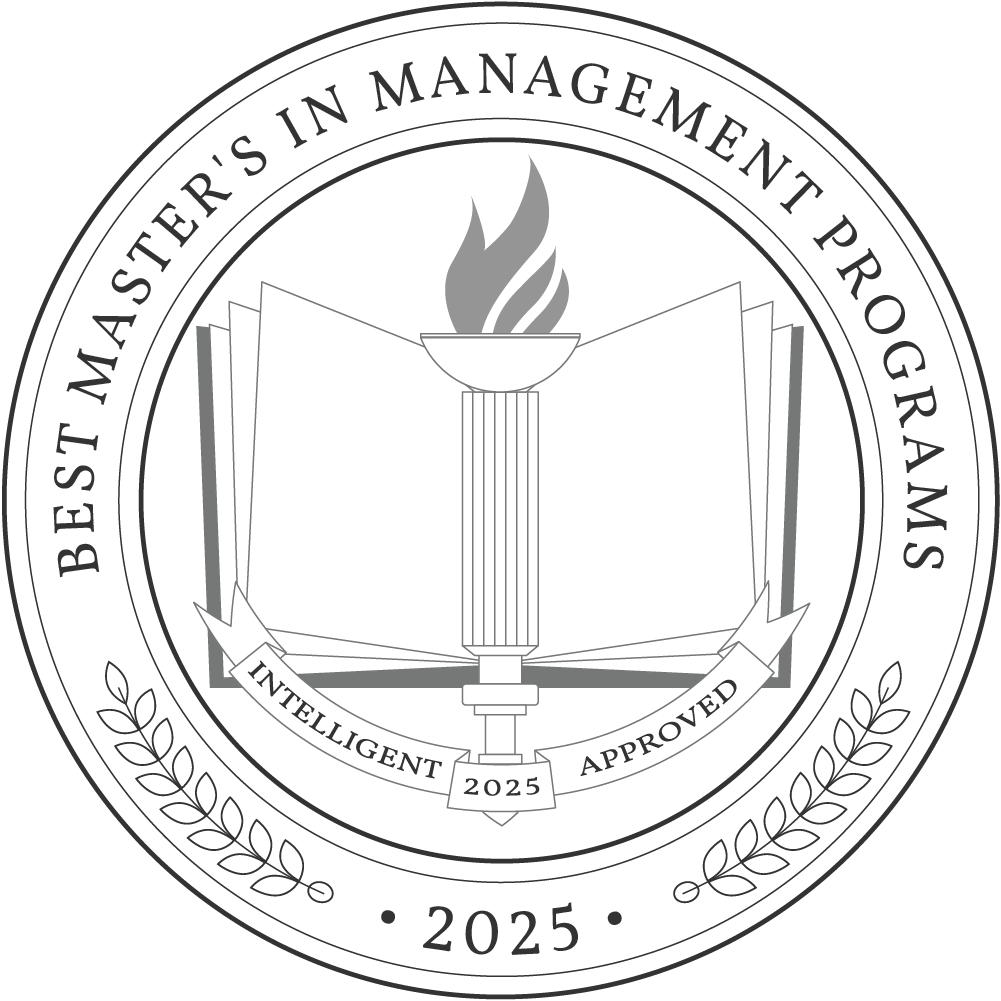In the competitive business world, a master’s in management (MM) can be a valuable asset for individuals seeking to advance their careers. MM programs focus on leadership skills, strategic thinking, and providing a comprehensive understanding of business processes.
Based on data from the U.S. Bureau of Labor Statistics, graduates can pursue positions such as marketing manager, with a median salary of $138,730 a year; financial analyst, with a median salary of $96,220; or management analyst, with a median salary of $95,290.
MM programs typically take one to two years to complete. The average cost varies greatly depending on the individual program and whether it is at a public or private institution. Students can expect to spend roughly $12,000 to $28,000 for tuition and required fees.
Why Trust Us
The Intelligent.com Higher Education Team is dedicated to providing students with independent, equitable school and program rankings and well-researched resources. Our expert-driven articles cover topics related to online colleges and programs, paying for school, and career outlooks. We use data from the U.S. Department of Education’s College Scorecard, the National Center for Education Statistics, and other reputable educational and professional organizations. Our academic advisory team reviews content and verifies accuracy throughout the year for the most current information. Partnerships do not influence rankings or editorial decisions.
- Analyzed over 2,000 national, accredited, and nonprofit colleges and universities
- 800+ rankings pages are reviewed and updated yearly
- Content is informed by reputable sources, surveys, and interviews with academic advisors and other experts
- Over 100 data points are reviewed for accuracy and quality throughout the year, including sources
How we rank schools
Our list features the best Management degree programs at top colleges nationwide. Each school featured is a nonprofit, accredited institution — either public or private — with a high standard of academic quality for post-secondary institutions.
We evaluated each school’s program on tuition costs, admission, retention and graduation rates, faculty, reputation, and the student resources provided for online students. We collected data from trusted sources like the National Center for Education Statistics, individual school and program websites, school admissions counselors, and other data sources. Then, we calculated the Intelligent Score on a scale of 0 to 100 based on the following criterion:
Academic Quality:
- Admission rate versus enrollment rate
- Retention rate of students who return after year one
- Accreditation status (regional and programmatic)
- Nonprofit status, both private and public institutions
Graduation Rate
- Overall graduation rate
- Total number of currently enrolled students, including diversity metrics
- Student-to-faculty ratio
Cost and ROI
- In-state and out-of-state per-credit tuition rates and fees
- Required credits to graduate
- Earning potential after graduation
- Availability of federal student loans, scholarships, and other financial aid options
Student Resources
- Available student services for online-only and hybrid programs
- On-campus amenities like tutoring centers and the number of libraries
Read more about our ranking methodology.
Best 27 Accredited Master's in Management Programs
FiltersInstitution Type
Status
- Intelligent Score
- Alphabetically By University Name
- Acceptance Rate
- Enrollment
- In-state Graduate Tuition
- Out-of-state Graduate Tuition
- In-state Undergraduate Tuition
- Out-of-state Undergraduate Tuition

University of Illinois at Urbana - Champaign
Intelligent Score: 99.54In-state: $14,317
Out-of-state: $33,824
In-state: $15,016
Out-of-state: $15,016
SAT: 1200-1460
ACT: 27-33
In-State: $574
Out-of-State: $1,240
On-Campus
Higher Learning Commission
36

Georgia Institute of Technology
Intelligent Score: 98.06In-state: $28,106
Out-of-state: $49,218
In-state: $27,898
Out-of-state: $27,898
SAT: 1370-1530
ACT: 31-35
In-State: $1,230
Out-of-State: $1,698
On-Campus
Association to Advance Collegiate Schools of Business
30

University of Michigan
Intelligent Score: 97.18In-state: $16,520
Out-of-state: $53,669
In-state: $24,344
Out-of-state: $24,344
SAT: 1340-1520
ACT: 31-34
In-State: $1,787
Out-of-State: $1,953
On-Campus
Association to Advance Collegiate Schools of Business
30

UF Warrington College of Business
Intelligent Score: 96.16In-state: $4,477
Out-of-state: $25,694
In-state: $10,770
Out-of-state: $10,770
SAT: 1290-1460
ACT: 29-33
In-State: $530
Out-of-State: $1,255
On-Campus, Online
Southern Association of Colleges and Schools Commission on Colleges
32

Indiana University-Bloomington
Intelligent Score: 93.65In-state: $9,815
Out-of-state: $36,194
In-state: $9,786
Out-of-state: $9,786
SAT: 1120-1350
ACT: 24-31
In-State: $753
Out-of-State: $1,434
On-Campus
Association to Advance Collegiate Schools of Business
30-36

Lehigh University
Intelligent Score: 92.4In-state: $54,790
Out-of-state: $54,790
In-state: $27,000
Out-of-state: $27,000
SAT: 1260-1433
ACT: 29-33
$1,295
On-Campus
Association to Advance Collegiate Schools of Business
33

Indiana Wesleyan University
Intelligent Score: 91.86In-state: $28,184
Out-of-state: $28,184
In-state: $13,512
Out-of-state: $13,512
SAT: 1010-1200
ACT: 21-27
$480
On-Campus, Online
Association to Advance Collegiate Schools of Business
30

George Mason University
Intelligent Score: 91.81In-state: $9,510
Out-of-state: $32,970
In-state: $12,594
Out-of-state: $12,594
SAT: 1100-1300
ACT: 24-30
In-State: $890
Out-of-State: $1,541
On-Campus
Southern Association of Colleges and Schools Commission on Colleges
33

Stevens Institute of Technology
Intelligent Score: 91.1In-state: $53,828
Out-of-state: $53,828
In-state: $37,414
Out-of-state: $37,414
SAT: 1320-1480
ACT: 31-34
$1,432
On-Campus, Online
Association to Advance Collegiate Schools of Business
30

University of Texas at Dallas
Intelligent Score: 89.55In-state: $11,448
Out-of-state: $40,032
In-state: $12,028
Out-of-state: $12,028
SAT: 1210-1470
ACT: 26-33
In-State: $1,651
Out-of-State: $2,449
On-Campus, Online
Southern Association of Colleges and Schools Commission on Colleges
36

Northeastern University
Intelligent Score: 88.66In-state: $54,360
Out-of-state: $54,360
In-state: $25,264
Out-of-state: $25,264
SAT: 1410-1540
ACT: 33-35
$800
On-Campus, Online
New England Commission of Higher Education
30

Southeast Missouri State University
Intelligent Score: 86.87In-state: $6,779
Out-of-state: $12,951
In-state: $5,373
Out-of-state: $5,373
SAT: N/A
ACT: N/A
In-State: $364
Out-of-State: $657
On-Campus
Association to Advance Collegiate Schools of Business
30

Northwestern University
Intelligent Score: 85.84In-state: $58,227
Out-of-state: $58,227
In-state: $56,067
Out-of-state: $56,067
SAT: 1430-1550
ACT: 33-35
$1,795
On-Campus
Association to Advance Collegiate Schools of Business
30

University of Notre Dame
Intelligent Score: 85.7In-state: $57,192
Out-of-state: $57,192
In-state: $57,050
Out-of-state: $57,050
SAT: 1400-1550
ACT: 32-35
$1,696
On-Campus
Higher Learning Commission
38

University of Maryland
Intelligent Score: 85.29In-state: $8,824
Out-of-state: $34,936
In-state: $13,158
Out-of-state: $13,158
SAT: 1270-1480
ACT: 30-34
In-State: $828
Out-of-State: $1,805
On-Campus
International Accreditation Council for Business Education
30

Massachusetts Institute of Technology
Intelligent Score: 85.27In-state: $53,450
Out-of-state: $53,450
In-state: $53,450
Out-of-state: $53,450
SAT: 1510-1580
ACT: 34-36
$1,822
On-Campus
New England Commission of Higher Education
45

Duke University
Intelligent Score: 83.92In-state: $55,880
Out-of-state: $55,880
In-state: $57,900
Out-of-state: $57,900
SAT: 1470-1570
ACT: 34-35
$1,744
On-Campus
Southern Association of Colleges and Schools Commission on Colleges
43

University of Southern California
Intelligent Score: 81.67In-state: $59,260
Out-of-state: $59,260
In-state: $47,880
Out-of-state: $47,880
SAT: 1340-1530
ACT: 30-34
$1,851
On-Campus
Association to Advance Collegiate Schools of Business
26
How to Choose a Master’s in Management Degree Program
Choose your area of study
The program you choose may be either an MBA (master of business administration) with a concentration in management or a master of science in management.
In an MBA program with a concentration in management, students study a broader range of business disciplines, including finance, marketing, and operations, with a specialized focus on management strategies. The emphasis is on developing leadership and decision-making skills within a comprehensive business context.
On the other hand, a master’s in management program focuses specifically on core management principles, offering a more targeted curriculum. MM programs often provide a deeper dive into management theory, strategic leadership, and organizational behavior, preparing graduates for entry-level managerial roles. Selecting the right focus area is crucial in aligning your degree with your career aspirations.
Research schools and programs
When researching master’s in management programs, look first at an institution’s accreditation. Most reputable schools are accredited by regional agencies that attest to the quality of the school’s programs. You may lose out on financial aid opportunities if you attend a non-accredited institution. Other factors to consider include the faculty’s expertise and level of industry experience as well as the program’s regional and national rankings. You should also explore your school’s networking opportunities and whether there are any internships or real-world learning experiences available.
Before committing, here are some questions to ask yourself:
- How does the curriculum align with my career goals?
- What is the student-to-faculty ratio?
- Are there opportunities for global exposure or study abroad?
- Can I connect with current students or alumni for insights?
- What support services are available for career development?
Prepare for tests and applications
To attend most graduate-level programs, you will need a bachelor’s degree from an accredited institution. It is helpful, though often not necessary, to have a degree in a related field such as finance or management. There may be a minimum GPA required to gain entry to your program.
Some MM programs require test scores from the GRE or GMAT tests. For other programs, these tests are optional. Read the application directions carefully, and make sure you have all the required materials submitted before any deadlines.
Select your program
When selecting a master’s in management program, carefully align your choice with your career goals and learning preferences. Consider factors like program specialization, faculty expertise, and available resources. Evaluate whether the program offers practical experiences such as internships or industry projects. Additionally, assess the program’s reputation, alumni success stories, and the strength of its professional network. Balancing aspects like class size, location, and potential for international exposure ensures a well-rounded decision. Remember to choose a program that not only imparts knowledge but also provides a supportive environment for personal and professional growth, contributing to a fulfilling educational experience.
Determine how you’ll pay for your degree
When determining how to pay for a master’s in management program, explore various financial avenues. You will need to fill out the FAFSA (Free Application for Federal Student Aid) to be eligible for federal and institutional funding. Investigate potential external funding sources or employer sponsorship programs. Consider private student loans, keeping in mind repayment terms. Evaluate the feasibility of part-time work or internships to supplement income. Create a realistic budget, factoring in tuition, living expenses, and additional costs. Engage with your school’s financial aid office for guidance and explore options for merit-based aid. Crafting a well-thought-out financial plan ensures a smooth and sustainable investment in your master’s in management education.
What Can You Expect From a Master’s in Management Degree Program
A master’s in management program offers a comprehensive exploration of key business disciplines, providing a solid foundation in finance, marketing, strategic management, and leadership. Expect an emphasis on developing critical thinking, problem-solving, and decision-making skills crucial for managerial roles. The curriculum often integrates case studies, real-world projects, and collaborative learning experiences to foster the practical application of theoretical concepts.
Additionally, programs may delve into global business perspectives, cross-cultural management, and emerging trends in the business landscape. The coursework generally takes one and a half to two years to complete. Some programs incorporate internships or capstone projects, enhancing practical exposure. Overall, students can expect a dynamic and immersive educational experience, preparing them for diverse managerial challenges in a rapidly evolving business environment.
Potential courses you’ll take in a master’s in management degree program
- Strategic Leadership and Decision Making: This course delves into advanced leadership strategies, focusing on decision-making processes within complex business scenarios. Students explore case studies and develop critical thinking skills for effective strategic management.
- Financial Management and Analysis: Covering financial principles, budgeting, and analysis techniques, this course equips students with the skills to make informed financial decisions. Topics include financial reporting, risk assessment, and strategic financial planning.
- Global Business and Cross-Cultural Management: Examining international business dynamics, this course explores cross-cultural management strategies, global market trends, and the complexities of conducting business in diverse cultural environments.
- Innovation and Entrepreneurship: Focused on fostering an entrepreneurial mindset, this course covers innovation processes, startup management, and strategies for driving creativity and innovation within organizations.
- Marketing Strategy and Brand Management: This course delves into advanced marketing concepts, including brand development, market positioning, and strategic marketing planning. Students explore case studies and develop skills to create effective marketing strategies in competitive business landscapes.
Master’s in Management Degree Frequently Asked Questions
How do I apply to a master’s in management degree program?
To apply for a master’s in management program, follow these steps: begin by thoroughly reviewing the admission requirements of your chosen institution. Typically, this includes submitting a completed application form, academic transcripts, letters of recommendation, a statement of purpose outlining career goals, and standardized test scores (like the GMAT or GRE). Some programs may also require a well-crafted resume detailing relevant experience. Ensure you adhere to specific deadlines and any additional prerequisites. Consider reaching out to an admissions counselor for guidance throughout the application process.
How much does a master’s in management degree cost?
The cost of a master’s in management degree varies significantly between public and private institutions. On average, public universities offer more affordable tuition. According to the National Center for Education Statistics, the cost to attend a nonprofit public institution was $12,394 a year in 2020-21. Private institutions often have higher tuition fees, with an average of $28,445 for nonprofit and $14,301 for profit-based institutions. It’s crucial to consider additional expenses like textbooks, materials, and living costs. Financial aid, scholarships, and assistantships may help offset these costs. Prospective students should carefully assess the overall investment and explore available funding options to make an informed decision based on their financial circumstances and educational goals.
How long does it take to earn a master’s in management degree?
A master’s in management degree typically takes one and a half to two years to complete, providing an accelerated path to advanced managerial skills. The duration will vary based on the program structure, credit requirements, and whether you’re enrolled full-time or part-time. Online options often offer flexibility, allowing students to pace their studies. Practical experiences such as internships or capstone projects can influence the overall length of the program. Prospective students should consider their preferred learning pace, career goals, and potential time commitments when choosing the most suitable master’s in management program for their needs.

